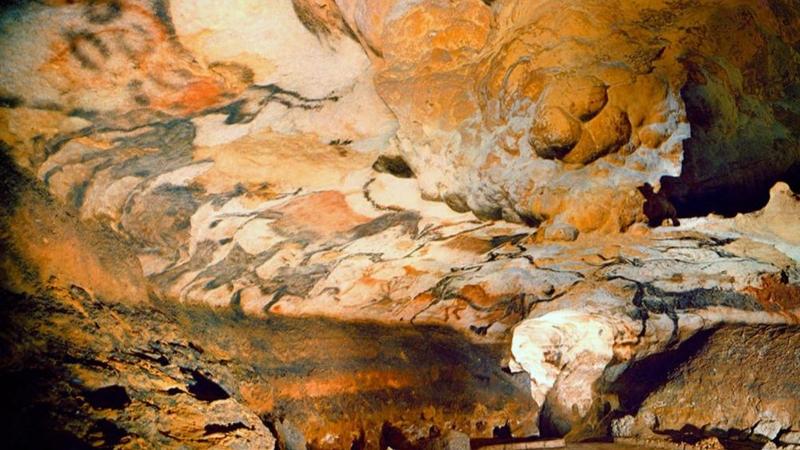Published 21:18 IST, January 12th 2025
The World’s Most Mysterious No-Go Zones
Find out why places like Vatican Secret Archives, Vatican City to North Sentinel Island, India are the most mysterious and inaccessible places in India.

Whether it's to protect historically sensitive archives or an unperturbed way of life of a select tribe, there are certain locations across the world including the North Sentinel Island, India that enjoy a no-go status. Here's a sneak-peak into these inaccessible places throughout the world.

North Sentinel Island, India
Tucked away in the Andaman and Nicobar Islands, North Sentinel Island is a place where the modern world just doesn’t exist. Home to the Sentinelese people, this tribe has lived in complete isolation for thousands of years, resisting any outside contact with intense hostility. In fact, the tribe’s fierce defense of their territory has earned the island a “no-entry” status from the Indian government. Remember that American missionary who tried to reach out to the tribe in 2018? He didn’t make it back. The government, understandably, enforces a strict no-visit policy, protecting both the tribe and anyone who might try to trespass.

Svalbard Global Seed Vault, Norway
Known as the "Doomsday Vault," this high-security facility tucked in the Arctic Circle holds the world’s largest collection of plant seeds. Its purpose? To preserve plant life in case of global catastrophe. Though the public can’t get anywhere near the vault, it’s far from a typical tourist attraction. The Svalbard Global Seed Vault is only accessible to scientists and conservationists, ensuring that in the event of a crisis, humanity has the genetic resources to rebuild the world’s crops. So, if you were thinking of taking a selfie in the vault’s icy halls—think again. This place is serious about protecting the future of our planet’s biodiversity.

Vatican Secret Archives, Vatican City
Imagine holding ancient texts that date back centuries, documents so valuable and sensitive that only a handful of experts can access them. Welcome to the Vatican Secret Archives. Home to some of the world’s most precious religious and historical documents, these archives are strictly off-limits to the public. While scholars with proper credentials can get their hands on select materials, the vast majority of the collection remains hidden. Why is access so restricted? Well, many of these documents contain confidential political and theological secrets that have shaped history—secrets that, perhaps, the Vatican is not ready to share just yet.

Snake Island (Isla da Queimada Grande), Brazil
You might be itching to visit a tropical island off the coast of Brazil, but not this one. Snake Island, or Isla da Queimada Grande, is home to the golden lancehead pit viper—a snake so venomous, it’s considered one of the deadliest in the world. With roughly 5,000 snakes inhabiting the island, it’s no wonder the Brazilian government has made the place a no-go zone. Only a few scientists are permitted to study its unique ecosystem. If you’re not a herpetologist, stay away. These serpents don’t play nice, and the island’s ecological balance is far too delicate to risk human interference.

Lascaux Caves, France
Step back 20,000 years in time, and you’ll find yourself in the Lascaux Caves, a stunning collection of prehistoric art that’s regarded as some of the best in the world. Discovered in 1940, these caves feature over 600 painted images of animals created by ancient humans. But here’s the kicker: after only a few years of being open to the public, the caves were closed to preserve the delicate artwork from the damaging effects of carbon dioxide. So, while you can visit replicas of the caves, the originals are off-limits. They’ve been preserved as a priceless testament to humanity’s early artistic endeavors.
Updated 21:20 IST, January 12th 2025



